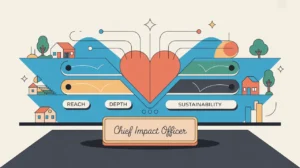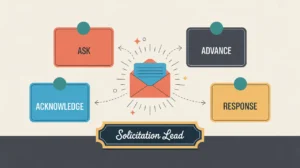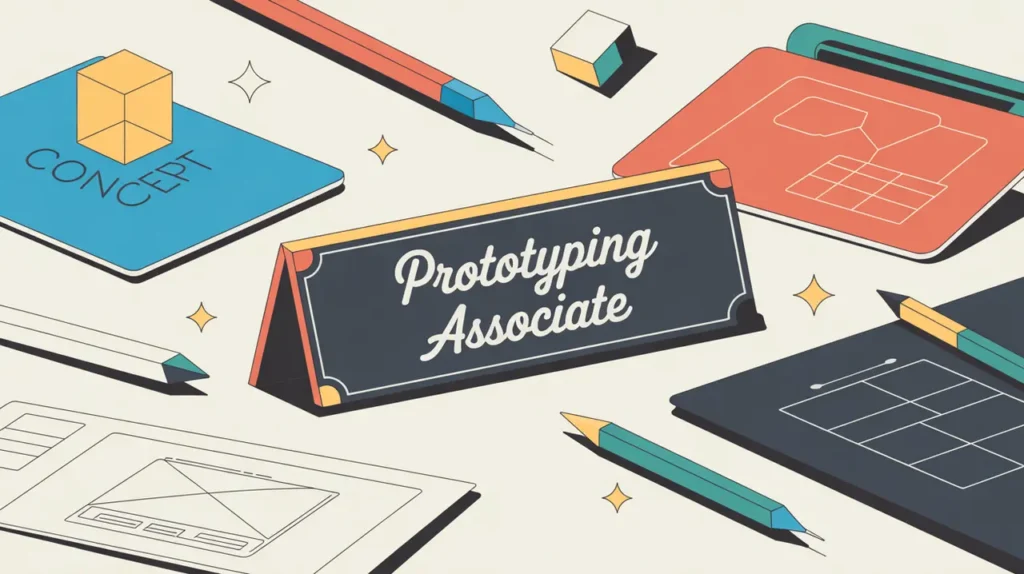What Does the Field Testing Officer Role Involve?
A field testing officer is responsible for planning, coordinating, and executing field-based testing activities to assess the effectiveness, usability, or performance of programs, products, or interventions in real-world settings. This includes designing field testing protocols, overseeing data collection, working closely with community stakeholders, and ensuring that testing processes align with organizational objectives and quality standards. The role typically sits within program delivery, research and insights, or product development functions and serves as a critical bridge between design teams and communities. In both nonprofits and social enterprises, field testing officers help ensure that solutions are tested, validated, and refined based on real-world feedback before scaling.
At What Level does this Role Operate?
Mid Level: This role typically reports to a program manager, research lead, or innovation manager. It involves significant field coordination, technical input into testing design, and responsibility for ensuring the quality and integrity of testing processes.
Relative Employability: Field testing officer roles are increasingly in demand among organizations that prioritize evidence-based innovation, human-centered design, and adaptive program implementation. Nonprofits, social enterprises, and development organizations value professionals who can operationalize testing in diverse contexts.
Relative Pay Scale: Within nonprofits and social enterprises, field testing officer roles sit within mid-level pay bands, reflecting their combination of operational coordination, technical rigor, and analytical input.
What are the Key Responsibilities and Activities?
- Develop and implement field testing protocols in collaboration with program, research, and product development teams
- Coordinate logistics for field testing, including site selection, scheduling, and resource management
- Engage with community stakeholders to explain testing processes and gather informed consent where required
- Oversee the collection of quantitative and qualitative data during field testing activities
- Ensure the quality, consistency, and ethical integrity of testing processes and data
- Identify and troubleshoot challenges that arise during field testing, escalating issues as needed
- Analyze initial findings and provide feedback to program or product teams for refinement
- Document testing procedures, lessons learned, and recommendations for improvement
- Contribute to reports and presentations that summarize field testing outcomes
What Core Competencies and Qualifications are Needed?
Required Qualifications and Experience
The following reflect common qualifications and experience expected for this role, while recognizing that pathways may vary by context, organization, and region.
- Relevant academic background in social sciences, public health, engineering, education, development studies, or related fields, or equivalent professional experience
- Several years of experience in program implementation, field research, testing, or monitoring and evaluation
- Strong understanding of data collection methods and testing protocols
- Excellent coordination, problem solving, and communication skills
- Ability to work effectively in diverse field contexts and manage logistical complexity
- Familiarity with ethical considerations in field research and testing
Key Competencies
- Field testing design and coordination
- Data collection and quality assurance
- Stakeholder engagement and communication
- Problem solving and troubleshooting in field settings
- Documentation and feedback synthesis
- Cross-functional collaboration with program and research teams
How are AI and Automation Shaping this Role?
An AI-native field testing officer will look to AI and automation to improve testing design, data quality, and analysis speed. They can use AI tools to generate adaptive testing protocols, detect anomalies in real time, and automate parts of data capture and cleaning. Automation can support scheduling, logistics tracking, and integration of field data into centralized systems for rapid feedback to design teams. By leveraging these tools effectively, field testing officers can conduct more rigorous and efficient tests while focusing on field coordination and stakeholder interaction.
What Career Pathways and Transferable Skills are Associated with this Role?
Field testing officer roles can lead to positions such as research officer, program manager, innovation lead, or monitoring and evaluation specialist. The skills developed in testing design, field coordination, and data management are highly transferable across nonprofits, social enterprises, research institutions, and innovation-focused organizations. This role provides a strong platform for advancing into positions that shape program design, product development, or evidence strategies at scale.







